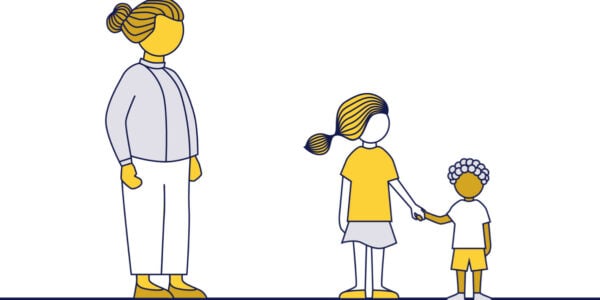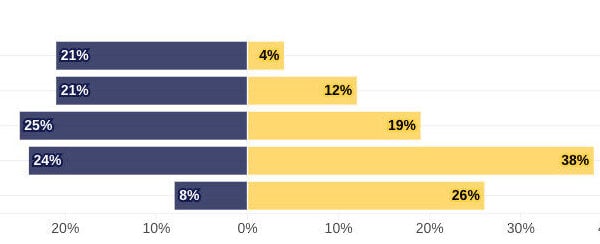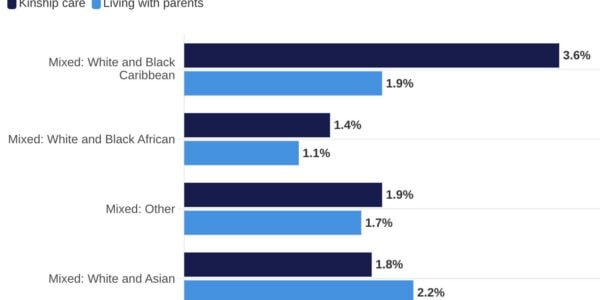Data is critical to understanding families’ experiences of the family justice system, and outcomes, as well as helping to drive system improvements.
Every day, judges and magistrates make decisions in family courts that have substantial bearing on children’s lives, including where a child should live, who they should spend time with and who should have parental responsibility for them. The main consideration of every decision is the welfare of the child. Yet the family justice system has been described as ‘operating in the dark’ without the necessary data to demonstrate that professionals, and the decisions they make, actually help children involved in proceedings.
This paper sets out the significance of data within the context of the family justice system, current limitations, and opportunities and recommendations for improvement. It covers all parts of the family justice system, from children’s social care involvement to family courts, including both public and private law proceedings.
It is a response to the publication of the independent family justice data mapping exercise, commissioned by the President of the Family Division, which highlighted key issues about data availability.




